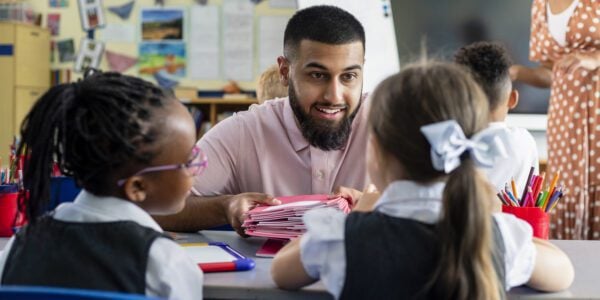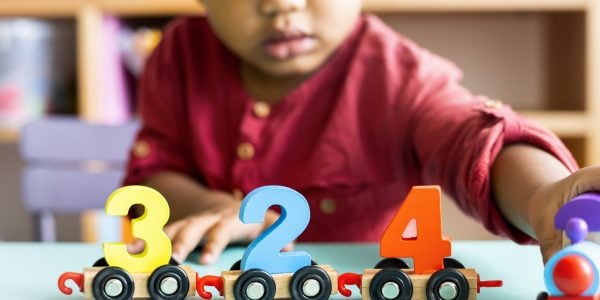
03/09/20
2 min read
New research shows that roughly 20,000 pupils (14%) with special educational needs are unlikely to return to special schools in September. Of those that do, many will not receive the full support they are legally entitled to or a full-time place.
With the government announcing that all pupils will return to full-time education this week, Headteachers and parents believe that pupils in special schools and colleges have been ‘forgotten about’. Special schools face different challenges to mainstream schools but school leaders and parents feel the government has shown little understanding of this in their COVID-19 guidance.
The study, undertaken by ASK Research with support from NFER, and funded by the Nuffield Foundation, involved in-depth interviews with and surveys of special schools and colleges in England who provide specialist places for children and young people with Education, Health and Care Plans and over 500 parents whose children attend special schools.
The survey found:
- 84% of special school and college leaders think some of their pupils will not return to school this term.
- 64% thought this was because parents do not think it would be safe.
- 98% of special school and college leaders said they have pupils who they thought would find adhering to safe practice and social distancing from adults, difficult.
Headteachers at over 200 schools and colleges said that government guidance had been unclear and showed a lack of understanding of how special schools work, the types of pupils they support and how much they rely on other services, including health and social care, transport and local charities. Social distancing rules mean fewer pupils can be accommodated in special schools and schools feel they can no longer offer many of the activities they usually provide such as using sensory rooms and hydrotherapy pools.
Parents of children with special educational needs were concerned about sending their children back to school or college in September because their children are medically vulnerable or because their child’s needs mean they cannot adhere to social distancing and safe practice.
School leaders and parents want clearer and consistent advice from national and local government, including about how to support pupils who do not return to school, so that they can make informed decisions. They also want assurances that how they operate will not endanger pupils or staff and that additional funding will be made available to help them meet the needs of pupils with special educational needs, including additional staffing.
Amy Skipp, Director of ASK Research who led the project, said “From the moment the announcement about school closures was made, the government has got it wrong for these schools and the highly vulnerable pupils and families they support. Heads and parents told us repeatedly how they felt forgotten about. Messages from government and the issued guidance have been so confused for children with special needs that Headteachers have faced an impossible situation over the last few months, which will culminate in tens of thousands of our most vulnerable children and young people not accessing the vital support they rely on from special schools. Parents should not be being asked to choose between their child’s health and their education.
“Many special schools have shown amazing innovation and commitment during lockdown with staff going above and beyond to help these families. Government should learn from what has worked, and reflect this level of commitment by acting now, making specific guidance for these settings and providing the additional resources they will need.”
Many children and young people with special educational needs will not be able to return to school this week, due to real fears about their own safety and the safety of others. Staying at home has implications not only for their education but also for their families who have been managing with only minimal support for months. Local and national government should issue clear guidance and support to special school and college leaders and to parents so that they can make the best decisions for these children and young adults, many of whom are particularly vulnerable.”Eleanor Ireland, Education Programme Head at the Nuffield Foundation


















































